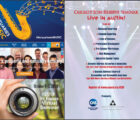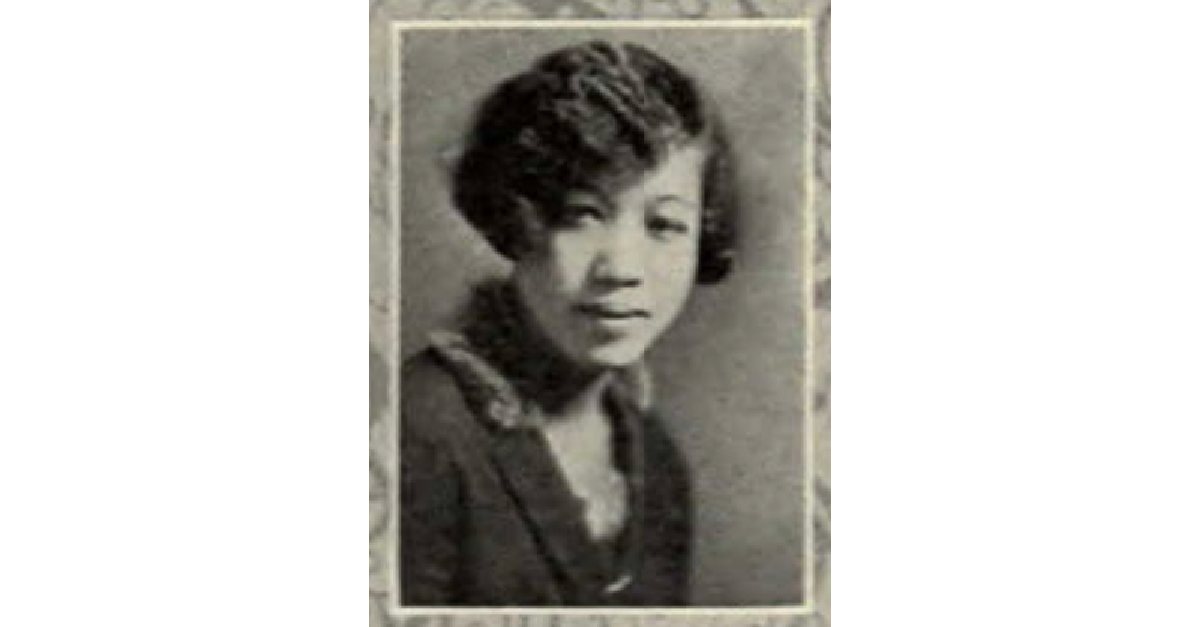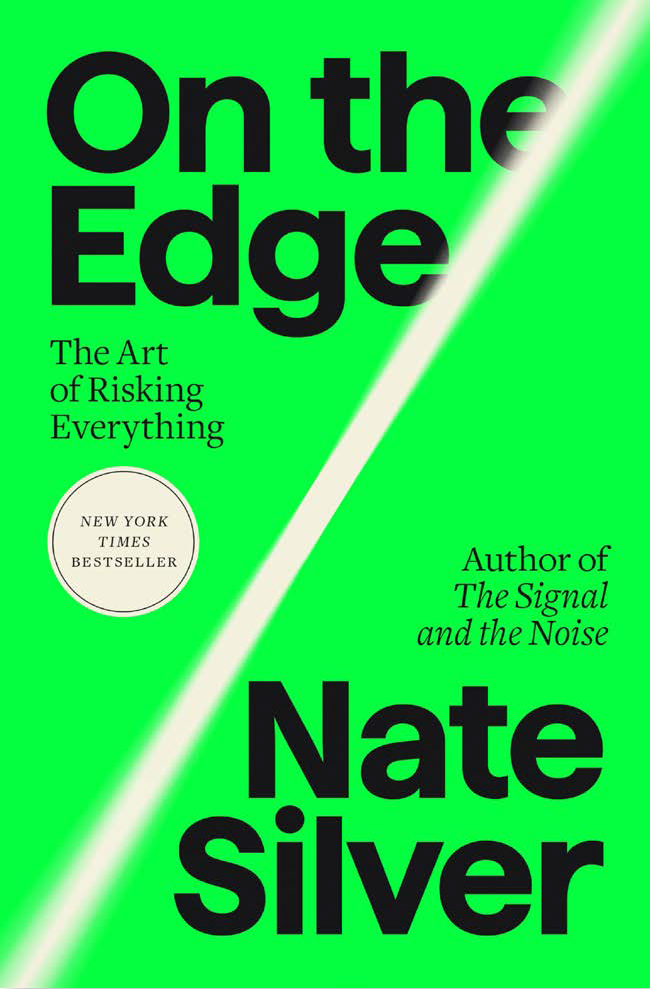 With the nation just starting to reemerge from its pandemic-spun cocoon, three reinsurance executives discussed the state of their industry at a virtual meeting of the CAS Reinsurance Seminar in early June.
With the nation just starting to reemerge from its pandemic-spun cocoon, three reinsurance executives discussed the state of their industry at a virtual meeting of the CAS Reinsurance Seminar in early June.
They spoke about the pandemic itself, of course, but also about what the reinsurance marketplace had been experiencing before the lockdown and what is likely to come next.
Other topics in the session moderated by Amy Stern of FTI Consulting included insurtech, social inflation and the next-generation talent as well as the steady increase of rates among primary insurers and reinsurers.
Executive panelists for the opening session of virtual seminar were Keith Wolfe, president property & casualty U.S. of Swiss Re Americas; Jean-Paul Conoscente, CEO of SCOR Global Property and Casualty; and John Bender, CEO of Allied World Reinsurance Co.
The worldwide crisis precipitated by the COVID-19 pandemic has become clear, and the property-casualty implications are just emerging. Both sides of the balance sheet will be affected, Bender said.
On the liability side, event cancellation insurance and trade credit are seeing pandemic-driven losses now. Bender cited employment practices liability insurance coverage as concerning once workers return to their offices.
He was most concerned about business interruption coverage, which can address losses from closures caused by physical damage to property. In addition, some governments’ decisions to push for retroactive coverage where none exists are problematic.
On the asset side, insurers were hurt by falling stock prices and bond yields, as well as an economy that was placed in a “medically induced coma.” He is confident that “when the economy is brought out of that coma, then the insurers will rally.”
“If you have a solid balance sheet and are well managed,” he said, “you will be able to survive this.”
SCOR’s Conoscente noted that casualty and business interruption claims will take time to emerge and settle, perhaps 24 to 36 months. His organization hasn’t changed its underwriting philosophy and risk appetite but will be asking more about coverage details, like the actual wording of business interruption policies and what exposure might exist for civil unrest.
Wolfe of Swiss Re said the insurance industry was better prepared for the pandemic than many realize. Non-property-casualty lines had modeled pandemics frequently. Operationally, the industry has done well, shifting rapidly to the work-from-home environment. “We don’t have to be in an office to operate,” Wolfe said. “I don’t think we were able to say that before.”
Still, few expected what the pandemic would do to the economy. The business interruption problem, he predicted, would have to be addressed through a public/private partnership as a privately managed backstop is more effective way to fund recovery than government programs.
The pandemic appears to have lent momentum to a hard market.
Conoscente noted that lower interest rates will force companies to derive more profits from technical underwriting, which is likely to result in higher prices and more discipline, with companies walking away from unfavorable treaties. Bender said the market will reward “nimble, disciplined companies.”
Before the pandemic, insurance and reinsurance executives worldwide were concerned with social inflation — an acceleration of claim costs above inflation, particularly on the liability side. (See this issue’s cover story.) Bender is concerned that the liability potential of COVID-19 could exacerbate the problem. “Trial lawyers will leverage any trend to their advantage, and COVID-19 is the latest example to help drive the plaintiff’s bar agenda.”
Conoscente noted that U.S. trial lawyers are shifting from the liability space to focus on pandemic-driven, business interruption claims. The shift might be temporary, he said, but in any event he expects social inflation to continue.
For solutions, the executives spoke about embracing technological change and recruiting new talent.
Digitization can reduce internal expenses, Conoscente said, but it can also provide reinsurers with a strategic advantage when dealing with their insurance clientele. They are interested in learning more about any tech company that adds value to the risk-transfer chain, either at SCOR or at client insurers. He predicted more development in the next few years, using artificial intelligence to triage claims or prescreen risks, for example. Whatever the innovation, he said, companies will have to absorb it into their operational future.
Wolfe noted that many of the innovators will come from outside the industry. The property-casualty space needs more outside thinking, he said, and hiring people with wide and diverse backgrounds will help — data analysis in particular will be key.
In the end, Wolfe thinks that the industry does a good job of understanding risks, even if it can take time to sort things out. His example: flood insurance. The industry considered it uninsurable for decades, but advanced data collection and analysis are making prudent underwriting possible.
Technology has forced some self-examination at Bender’s company. Allied World wants to rely less on older, legacy computer systems and is looking to new technology to support its insurance and reinsurance business. He said that Allied World will also do more in-house system development. Ideally, artificial intelligence, big data and bots will reduce processing time and help the organization become even more analytical.
Employees won’t be processing claims, Bender said, “they will be analyzing claims.” Those workers will form the next generation of reinsurance talent. A gap has grown, particularly among underwriters; the hiring of millennials and Gen Xers hasn’t kept pace with the retirement of baby boomers. “Over the last 10 years, I believe we’ve lost more talent than we have hired, and it takes a long time to catch up.” His firm has continued to add employees during the shutdown, including two on the day the seminar took place.
Conoscente said much the same early in the session: “There’s a generation gap that we need to bring up to speed.”
Wolfe said his employer is looking for self-starters. He thinks the current economic environment will create “one of the best recruiting opportunities we have had in a generation.”
He encourages managers to challenge employees to broaden their skill sets as they gain experience. If they don’t feel they are being challenged in their current roles, they may look for those challenges elsewhere. “If you throw them out of the nest, they will fly almost every time,” Wolfe said.
James P. Lynch, FCAS, is chief actuary and vice president of research and education for the Insurance Information Institute. He serves on the CAS Board of Directors.













